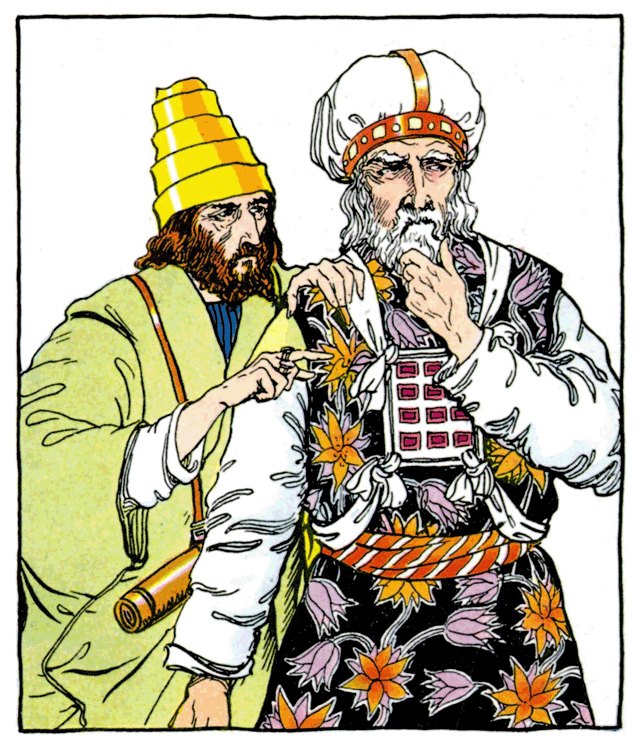
While bushwhacking off trail in the Mount Hood National Wilderness the other day, I stumbled onto this little no name lake that’s not even on the map—a pristine jewel in the vast wilderness! Almost no one comes here. The beauty of it caused me to pause and reflect on some of the deeper things of life.
Everything we do, say and think is as if we were dropping a pebble in the lake of life, in the sea of humanity; the ripples reach out and far and wide and touch many lives, affects many people, and can even affect the course of human history for good or bad in ways we don’t know. Ask yourself this: In everything that I do, say and think, am I advancing the kingdom of Elohim or not? Am I glorifying Him and pointing people to Yeshua or not? A simple but serious question.

I’m naming this no nameLake Jared Lake after my youngest son with whom I was able to share this experience in Yehovah’s vast, untouched, pristine wilderness.
If anyone speaks, let him speak as the oracles of Elohim. If anyone ministers, let him do it as with the ability which Elohim supplies, that in all things Elohim may be glorified through Yeshua the Messiah, to whom belong the glory and the dominion forever and ever. Amen. (1 Pet 4:11)
Therefore, whether you eat or drink, or whatever you do, do all to the glory of Elohim. (1 Cor 10:31)
And whatever you do in word or deed, do all in the name of the Lord Yeshua, giving thanks to Elohim the Father through Him. (Col 3:17)
Yehovah Elohim, help me to be salt and light in this world at all times in all ways! Amein.




